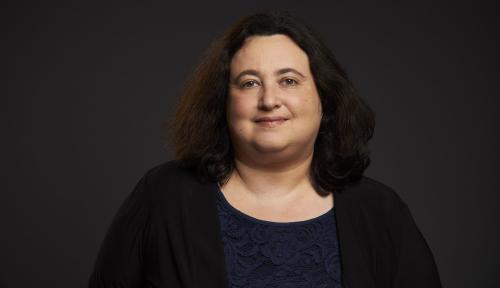Andrew Holt talks to EQS CEO Achim Weick about the latest trends involving Mifid II
What trends have you seen develop as a result of Mifid II?
Mifid II obliges investment companies to separate the costs of additional services like research and the organization of investor meetings and roadshows from the trading of securities. As a result, companies and investors are now questioning whether to allocate budget to these services or take on these responsibilities themselves.
What has been the most surprising impact of Mifid II, and why?
Many of our clients tell us about an increase in incoming calls and emails from investors asking for meetings. This is likely because investors now need to pay external agents such as banks and brokers to arrange meetings for them. An increasing number are now contacting IR teams directly.
What do you see as being the next big challenge involving Mifid II going forward, and why?
Although Mifid II has been in place for quite a while now, we don’t think the market has fully adjusted to the new context. This is especially relevant to small and mid-cap companies that need to rethink how to stay on the investor’s agenda. Coverage from banks and brokers is decreasing. In my opinion, this will lead to more companies acting proactively, taking the organization of investor meetings and roadshows into their own hands. Therefore, we expect there are still challenges to come.
What are the benefits of the EQS COCKPIT?
The new EQS COCKPIT contains an investor database that helps to evaluate the quality of investors as well as identify and target new investors; both are important. You’re able to decide which contact requests to follow up. The data in the system helps you to learn about the profile of the investor and its investment strategy. The investor database is a great resource to proactively identify and target new investors.










